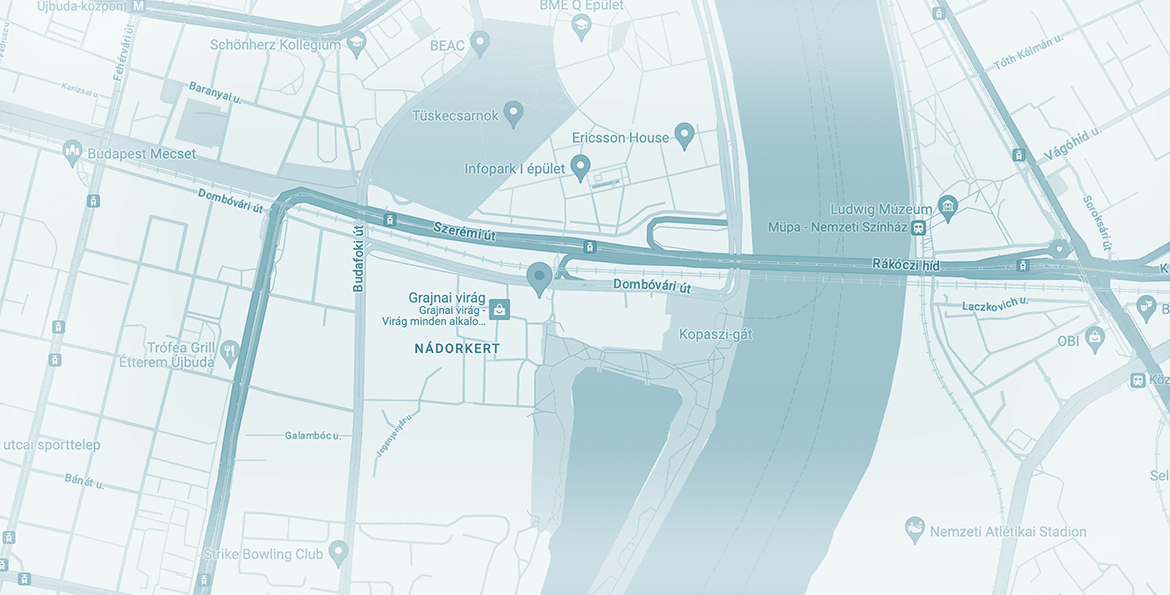
Social contribution tax decrease in Hungary
Alongside the next increase to the minimum wage just announced for 2022, social contribution tax will be decreased to even out the financial burden on employers. This way minimum wage employees get a significant raise without a significant increase in their employers’ payroll costs.
Alongside the next increase to the minimum wage just announced for 2022, social contribution tax will be decreased to even out the financial burden on employers. This way minimum wage employees get a significant raise without a significant increase in their employers’ payroll costs.
Social contribution tax decrease over the years
10 years ago, the social contribution tax (“szocho” in short in Hungarian) was at 27%. Over the years, it was gradually decreased, and it is currently at 15.5%. To counter the increase in employers’ payroll costs (caused by the 2022 raise in minimum wages), szocho will be further decreased starting from 1 January 2022. The new ratio will be just 13%, and it will include the vocational training levy, which is currently a separate payroll tax at 1.5%.
Direct effects of the decrease to payroll taxes
At present, the vocational training levy works in a way that lets employers who provide trainings to employees or support the work of employee training centers are eligible for a tax refund up to a certain percentage of this tax. While the vocational training levy will be abolished as a separate payroll tax from 2022, employers will remain eligible for tax refund with the same conditions.
KIVA, the tax for small businesses in Hungary, will also be decreased to 10% from the current 11%, reflecting the decrease in the social contribution tax. (KIVA payers do not pay social contribution tax separately; they pay a 11% tax that includes corporate tax and payroll taxes. You can always compare KIVA and regular corporate tax costs with our calculator.)
How does the szocho decrease affect the economy?
Normally, income from the social contribution tax would cover pension (and other pension-like costs) and public healthcare. This means that when szocho decreases, there will be fewer resources for pension and healthcare, unless such funds are regrouped from other areas of the budget. However, over the last 10 years the number of people receiving pension (and similar allowances) decreased in Hungary, so all in all Hungary spent less on pension (and similar allowances) than 10 years ago (in real terms).
How does this affect your Hungarian company?
Since paying at least minimum wage to your employees is compulsory, your Hungarian company must include the increased minimum wage in its 2022 budget (even if some of the effects are countered by the decrease in payroll taxes). However, if you are paying your employees above minimum wage, the increase will not affect your company, while you can still benefit of the tax cut.
All in all, the decrease of the social contribution tax is a huge tax relief, which lets you channel your profits into further business growth. This is especially true if you choose a tax regime that is right for your company (regular corporate tax or KIVA). As a result, Hungary has just become an even more favorable place for business in Europe.
How to make the most of this tax relief?
With precise accounting, you can base your financial decisions on reliable data, you can choose the right tax regime for your company, and channel savings in the right direction. Helpers Finance offers accounting and bookkeeping services to small and middle sized companies in Hungary, with a specialized focus on foreign-owned businesses. With our help, you can get precise financial data in time that lets you make informed decisions regarding the future of your business. To learn more, contact us through our form, send an email, or call our office on +36 1 317 8570.
Want to stay up to date on accounting in Hungary? Follow us on Facebook.
Contact
Get in touch today
Monday - Friday
9am - 5pm CET
Helpers Finance Kft.
Budapart Gate
Dombóvári út 27
Budapest 1117, Hungary
If you’re visiting us, please use entrance A and come to the 2nd floor.



